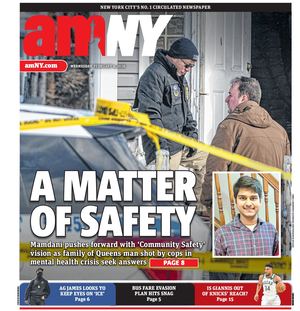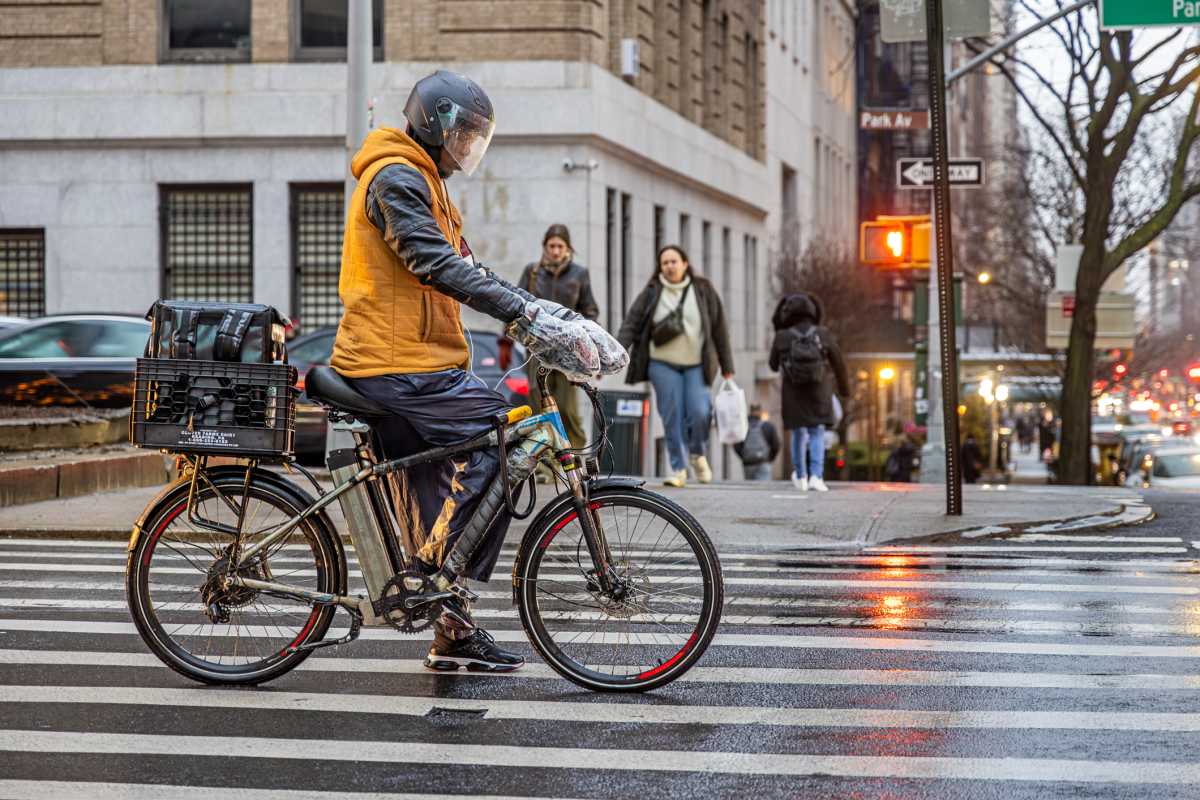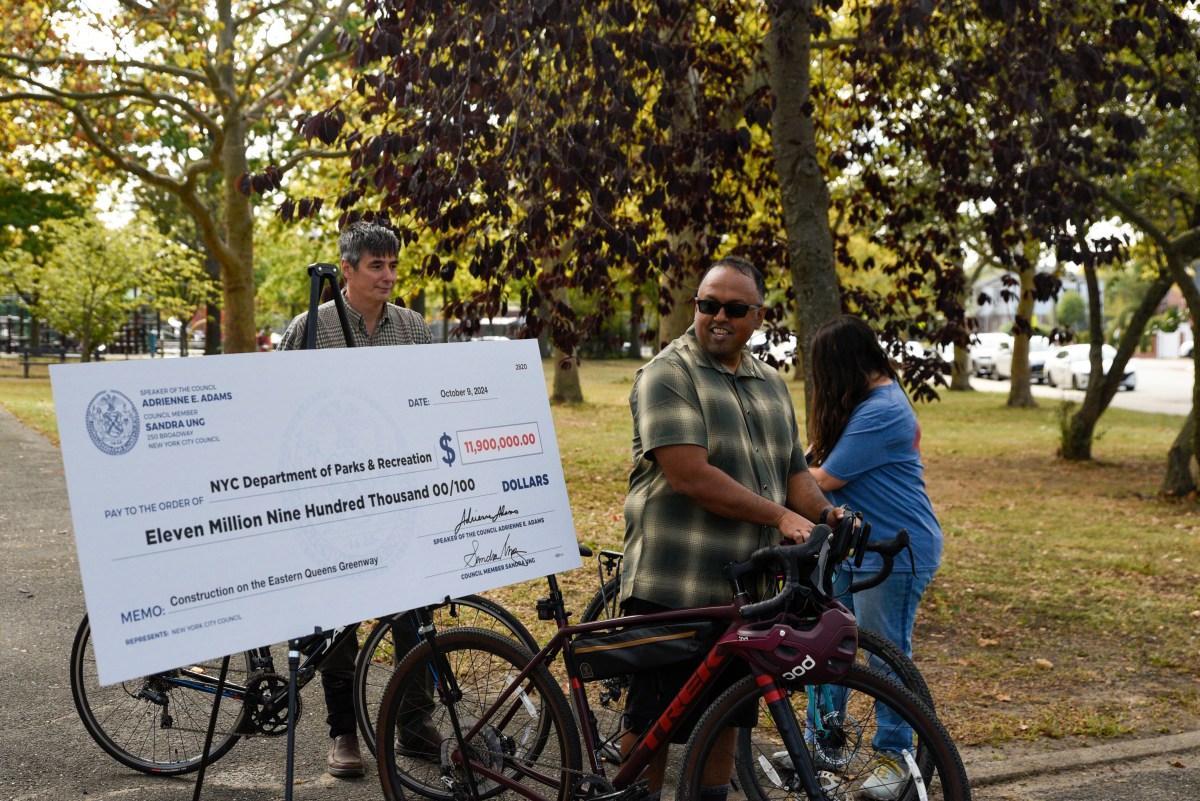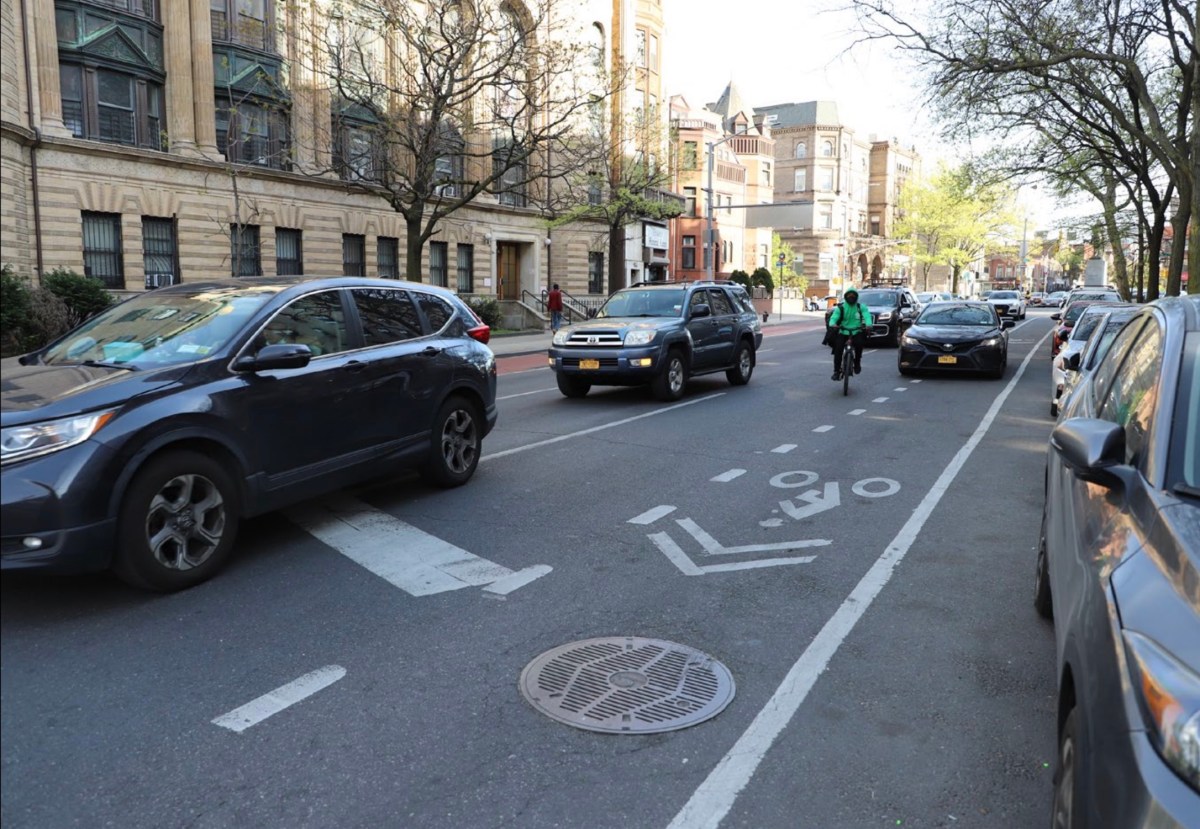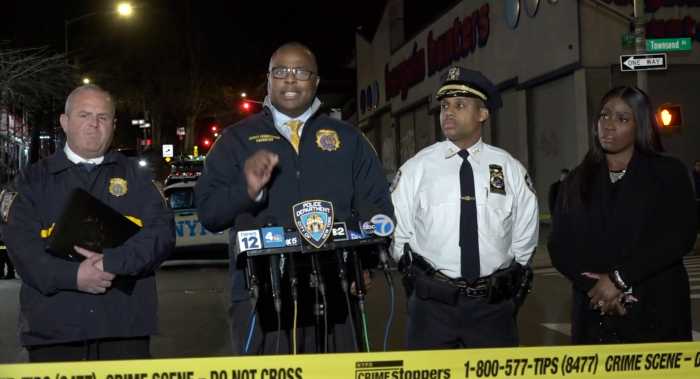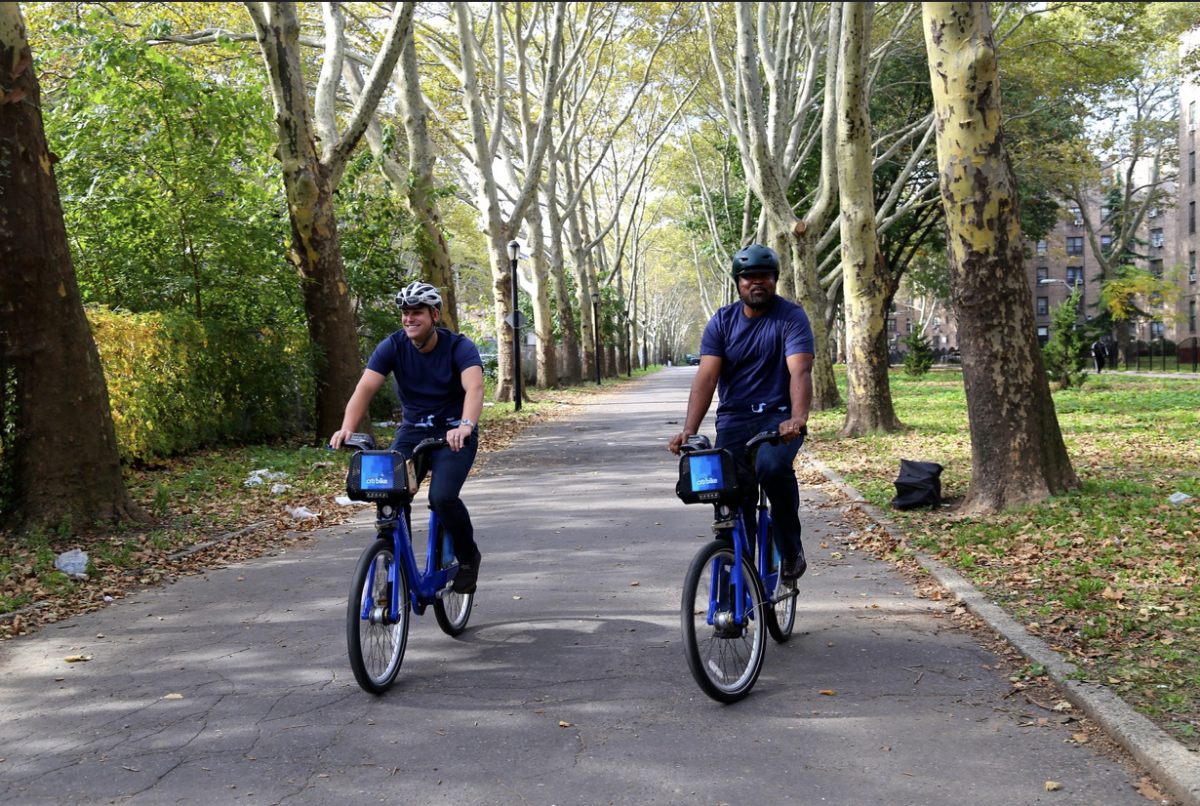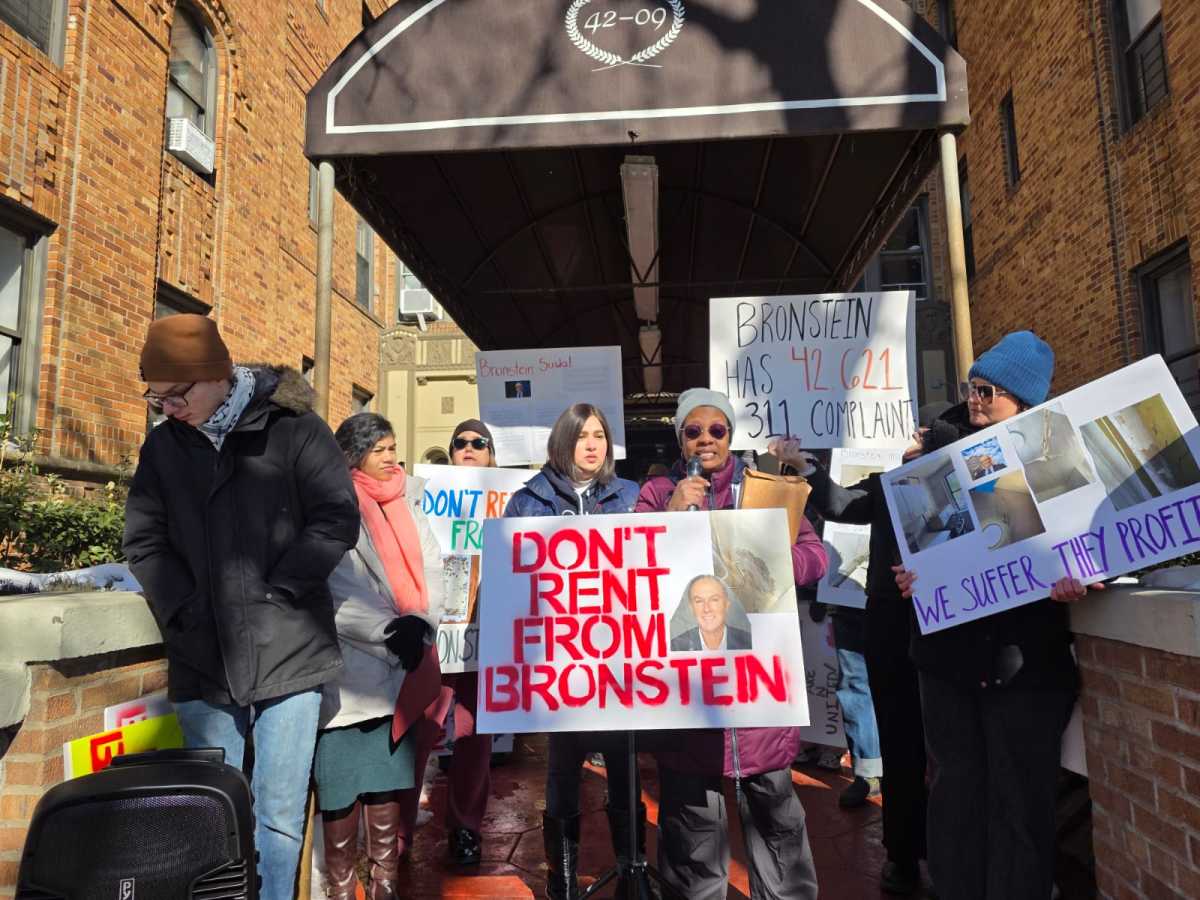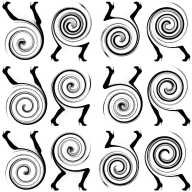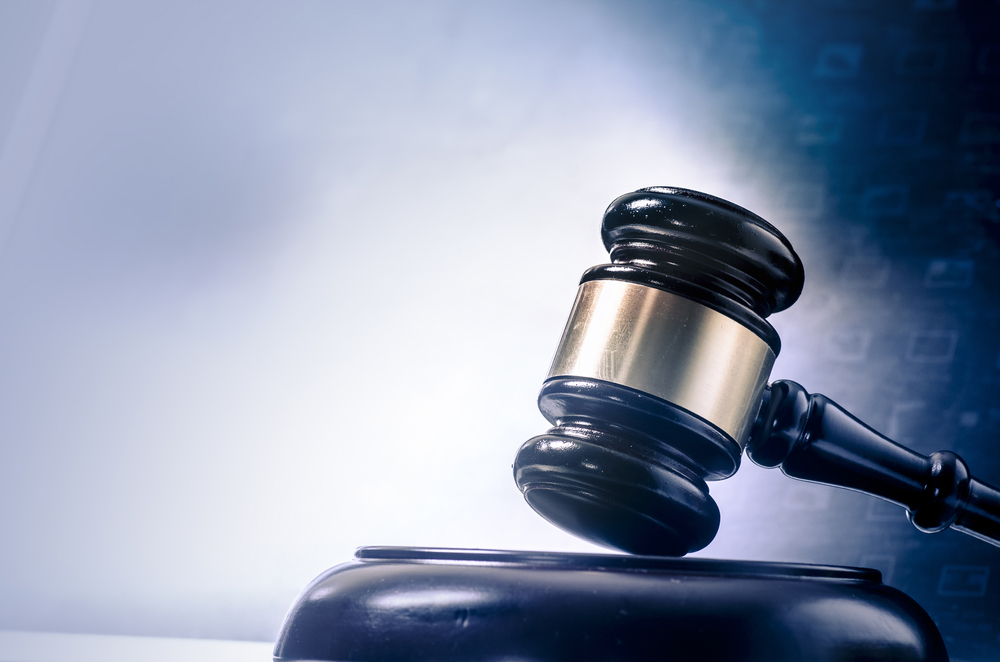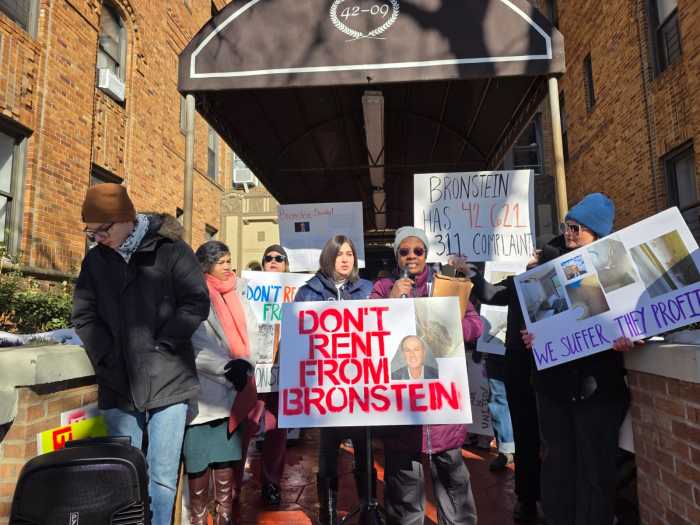Cyclists in New York City could now face criminal summonses for minor traffic infractions under a newly implemented NYPD policy — a move that transportation advocates are calling a dangerous and discriminatory escalation in law enforcement.
The policy shift, which rolled out this week and was first reported by Streetsblog, replaces standard traffic tickets for bicyclists with criminal court summonses for violations such as running red lights or failing to stop at stop signs.
These low-level infractions previously resulted in a civil penalty — known as a “B summons” — that could be settled by mail or in a virtual DMV hearing. Instead, under the new policy, cyclists must appear in person in criminal court, raising concerns of overburdening the judicial system and exposing individuals, especially undocumented immigrants, to arrest or even deportation.
“This is an obscene escalation from the police department,” said Ben Furnas, executive director of Transportation Alternatives, a commuter advocacy organization. “Under new guidance from the Adams Administration and Police Commissioner Tisch, a person on a bike who treats a stop sign as a yield sign can receive a criminal summons — a dangerous escalation that can quickly lead to a prison sentence or even deportation.”
The NYPD’s move is part of a broader “quality of life” initiative launched last month. The citywide unit focused on addressing non-arrestable, everyday issues such as illegal parking, noise complaints, and open drug use. The division is part of a broader strategy by the department to respond to a sharp increase in 311 complaints across the city over the past six years, including a 200% rise in illegal parking reports. Officials, including Police Commissioner Jessica Tisch, claim the unit is data-driven and responsive to local concerns, deploying officers to areas with the highest volume of complaints.
At an April 10 press conference alongside Mayor Eric Adams, Tisch said the policy was also a response to growing complaints from residents about erratic scooter and e-bike behavior. “It’s actually one of the largest pieces of feedback I get from New Yorkers,” Tisch said.
At a City Council Public Safety Committee hearing on Monday, NYPD Transportation Chief Lola Obe and Traffic Division Commanding Officer Brian O’Sullivan and clarified that criminal summonses would now be utilized to apply to six specific violations for e-bike riders: reckless driving, operating under the influence, driving against traffic, and failure to obey traffic control devices like red lights and stop signs.
Critics, however, argue that this level of enforcement is both excessive and discriminatory and applies to all types of bike riders, not just those on electric bikes. amNewYork reached out to the NYPD for clarification but did not receive a response at the time of publication.
Transportation Alternatives also warned that while drivers continue to receive standard traffic tickets for the same offenses, cyclists, often low-income and immigrant workers, now face a much harsher process with significant consequences.
“Though, as a sheer function of physics, people on bikes cause dramatically less destruction and risk than drivers, Mayor Adams and Commissioner Tisch have created a special class of the law for people on bikes, where the punishment in no way equals the crime,” Furnas said. “Everyone on the streets should follow the rules of the road, but these rules should be safe and easy to follow, with consequences proportionate to the potential risk and harm.
Furnas emphasized that the city’s failure to build out safe infrastructure, such as protected bike lanes on dangerous corridors, has put cyclists in harm’s way while criminalizing their behavior.
“Instead of making the street safe with a bike lane, Mayor Adams and NYPD Commissioner Tisch are planning to send people on bikes to Riker’s for traffic violations,” he said.
Advocates are now calling on City Hall to meet its obligations under the Streets Plan, urging the City Council to rein in delivery app companies, and pushing Albany to pass THE Stop-as-Yield legislation, which would allow cyclists to treat stop signs as yield signs.
“We are imagining a city where anyone who wants to can pick up a bike and ride without fear,” Furnas said. “True public safety does not mean harassing, locking up, and deporting New Yorkers.”
